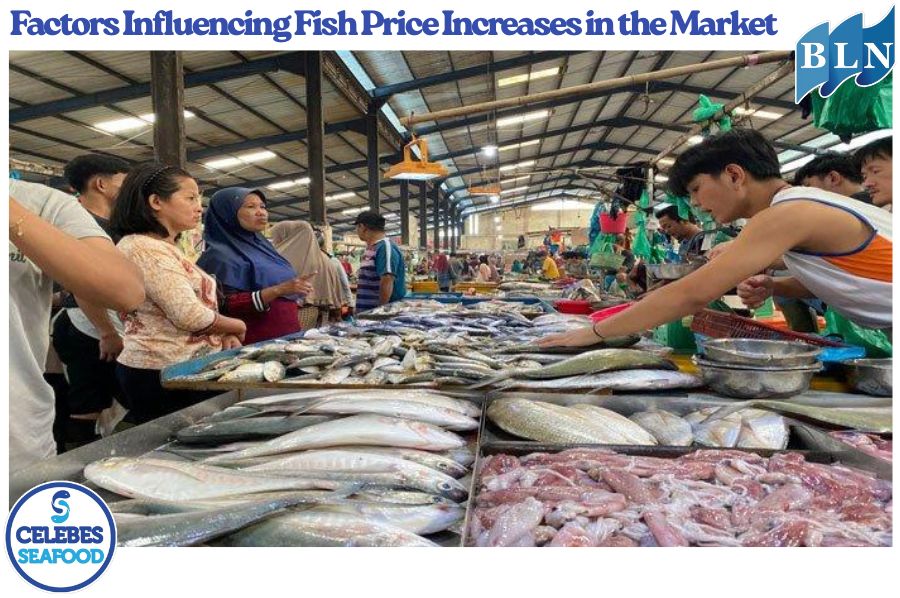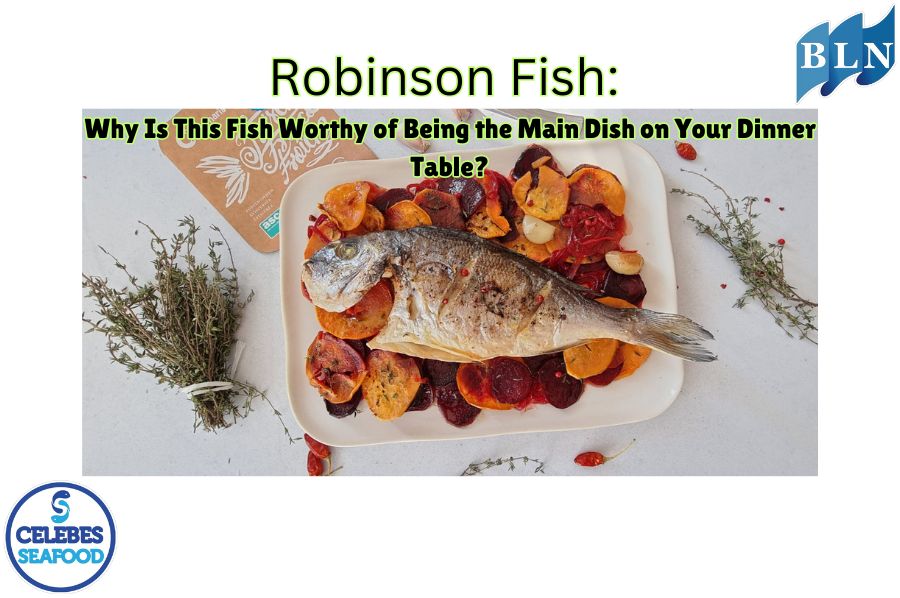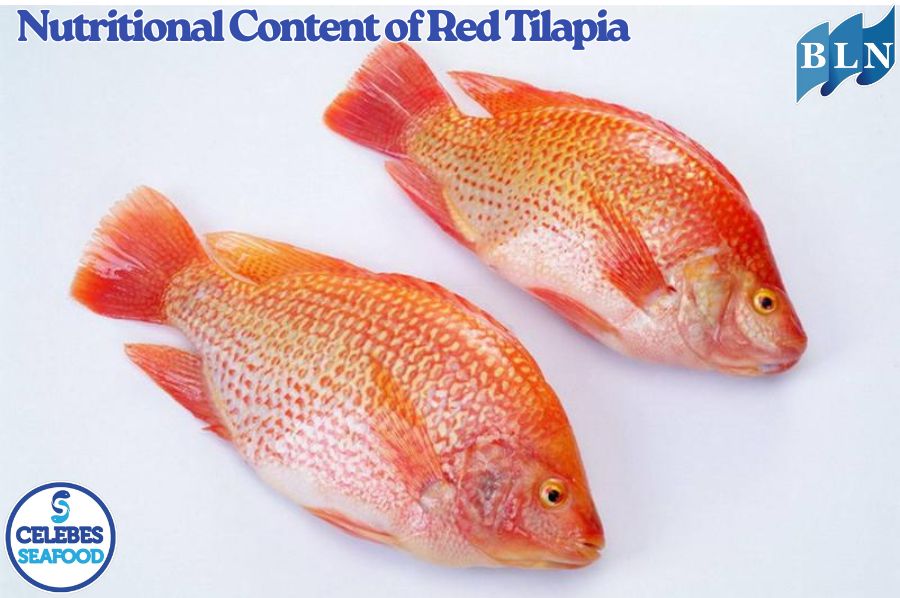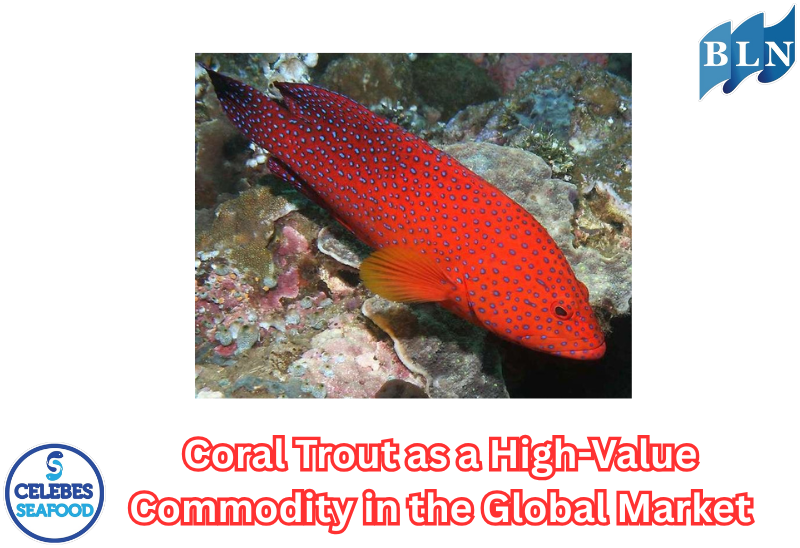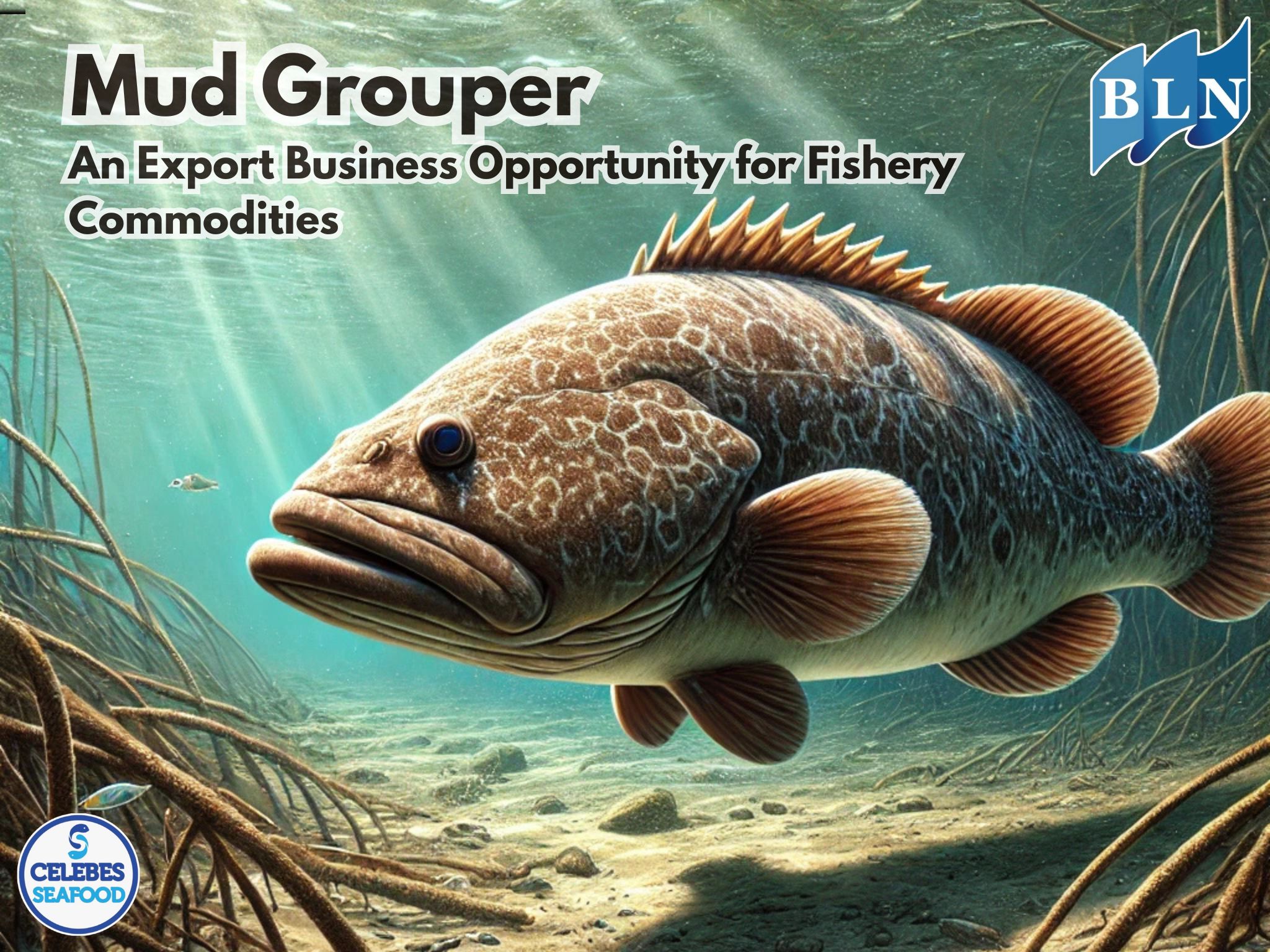This is What The Impact of Climate Change on the Global Fishing Industry
By. Edi - 23 Jan 2025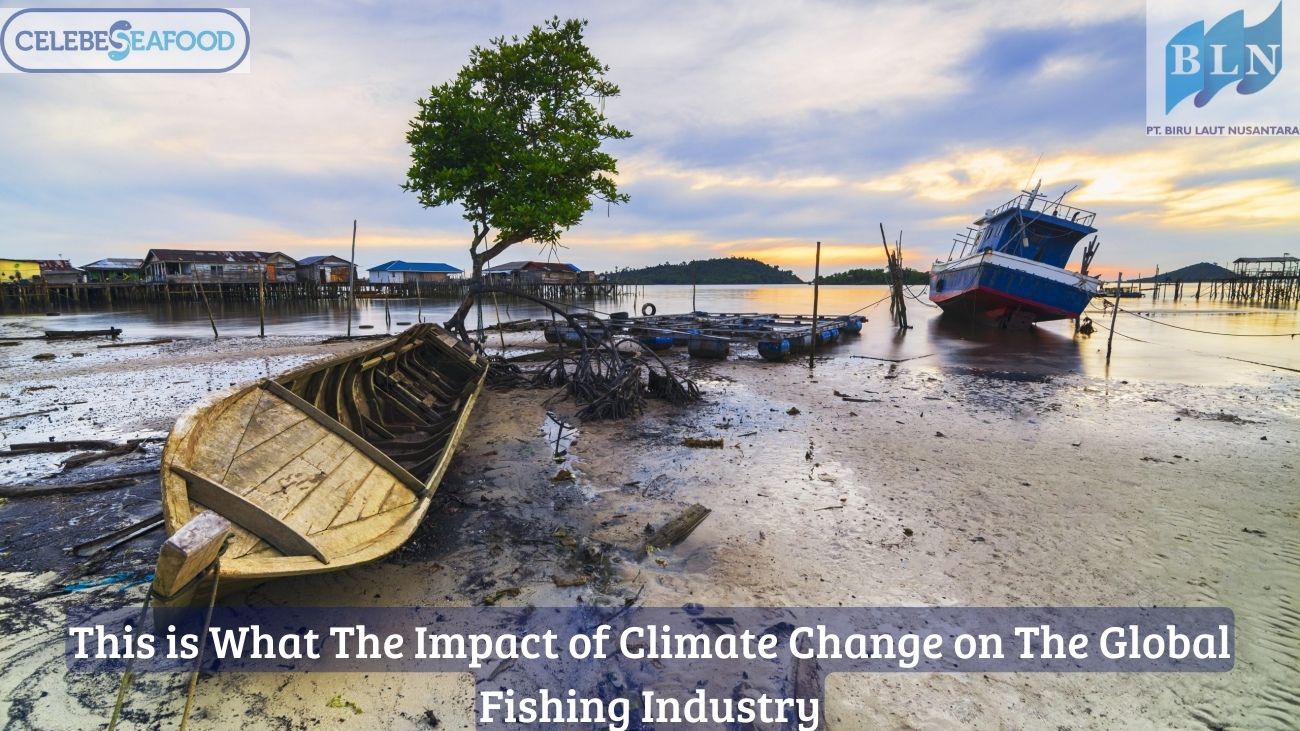
lautnusantara.com Climate change has a significant impact on the global fishing industry. Rising sea temperatures caused by global warming have altered the migration patterns and distribution of fish. Many fish species are moving to cooler waters to survive, affecting the availability of fish in traditional fishing areas. Additionally, higher temperatures disrupt the life cycles of plankton, the primary food source for fish, which in turn destabilizes marine ecosystems.
Climate change also increases the frequency of extreme weather events, such as storms, which damage fishing infrastructure, including boats and fishing gear. These damages not only disrupt fishermen's activities but also increase operational costs. Furthermore, rising sea levels threaten coastal areas where many fishing communities reside, potentially leading to the loss of livelihoods and forcing large-scale relocation of coastal populations.
Moreover, climate change negatively affects the quality of marine habitats, such as coral reefs, which experience bleaching due to warmer waters. Damaged coral reefs lead to declining fish populations, directly impacting fishermen's catches. On a global scale, this threatens food security, particularly in countries heavily reliant on the fishing sector. Therefore, collective efforts are needed to address climate change, including sustainable fisheries management and reducing carbon emissions.
If you are interested in our CORAL TROUT WGG WHOLE GILLED GUTTED, Red Snapper Fillet Skin On, OCTOPUS WHOLE CLEANED BALL TYPE please do not hesitate to contact us through email and/or whatsapp.
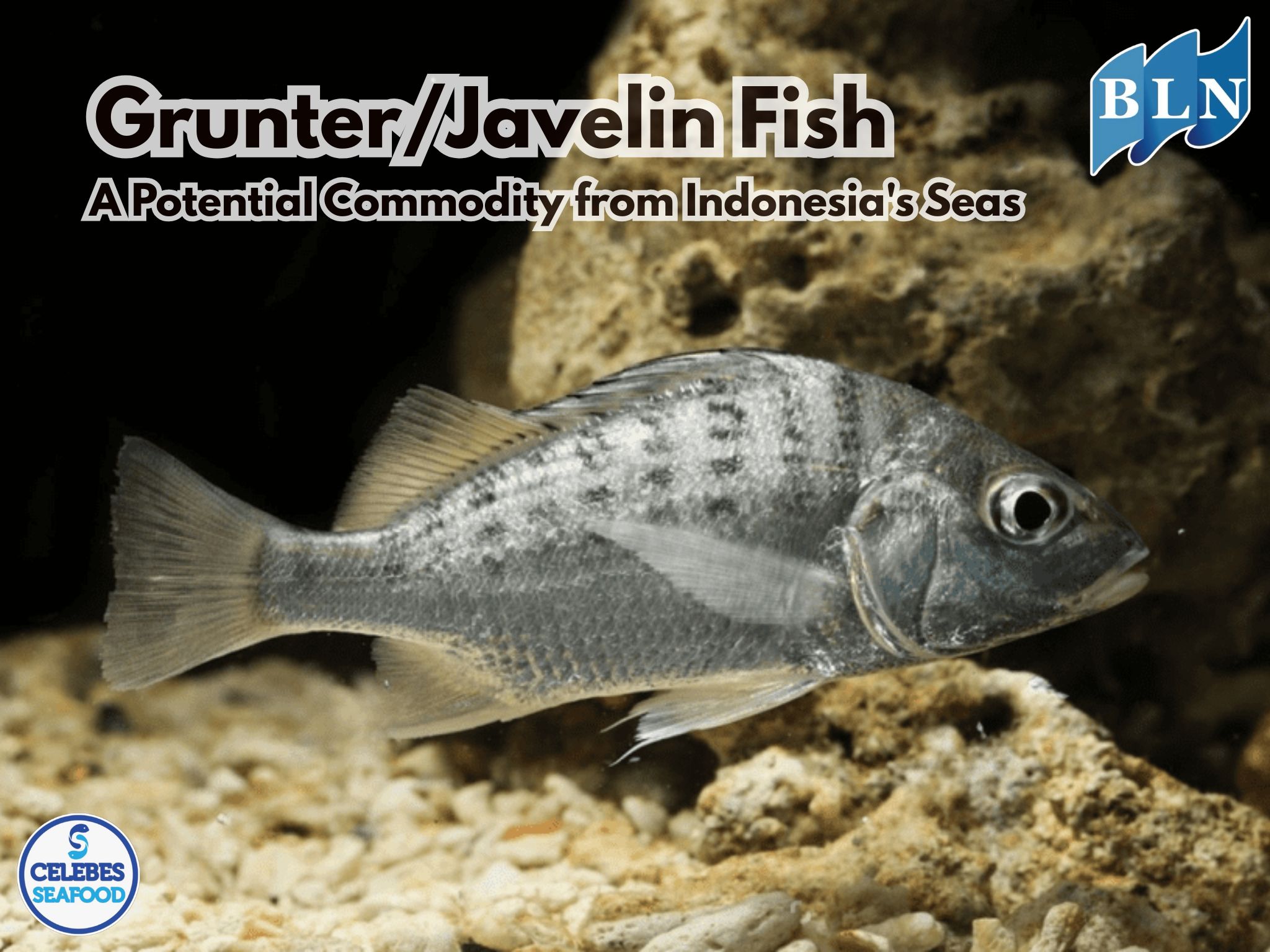
 in Protecting Shrimp Commodities from Radioactive Contamination.png)
